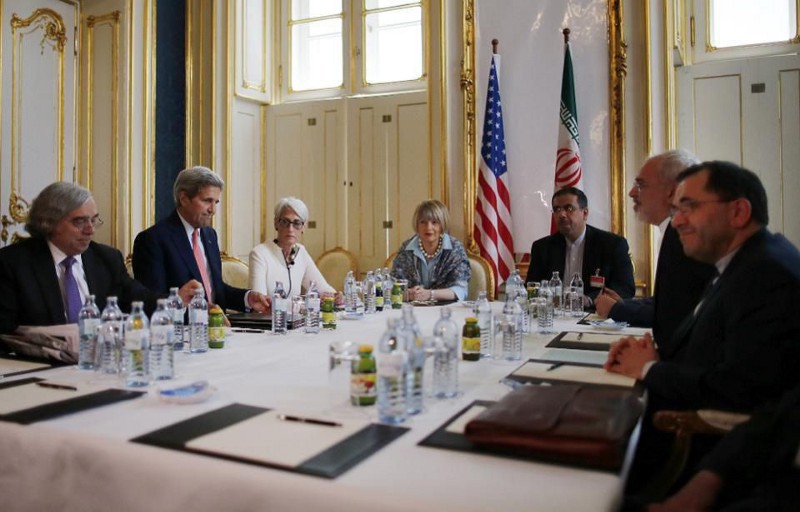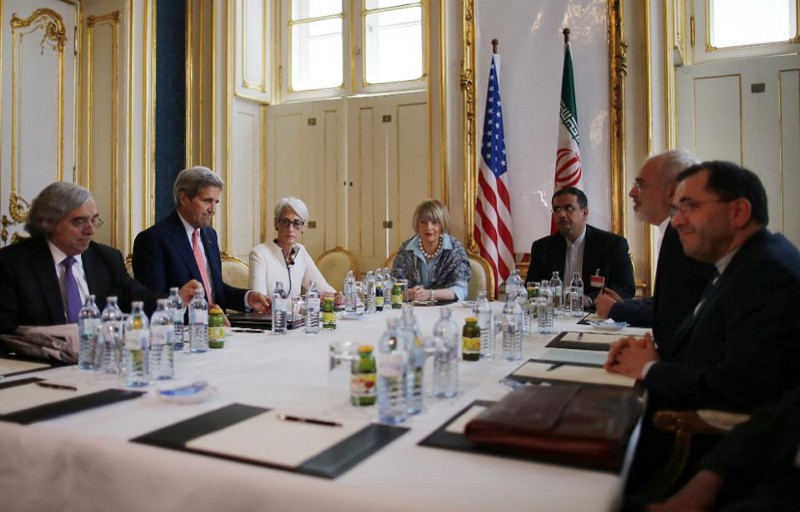Thirty Years Later, Time To Reopen Our Embassy In Iran
Thirty years after Iranian extremists stormed the U.S. embassy and held 52 Americans hostage in Iran it is well worth asking: Isn’t it high time we serious consider reconstituting some kind of American presence in Tehran? Today the shell of the old embassy compound remains, its walls scribbled with anti-U.S. invective graffiti. It would be symbolically important to reopen its doors. As Obama as said, we do not punish our enemies by not talking to them. The same goes for not having formal diplomatic relations.
Whether we want to press Iran on the nuclear issue or pressure it to release a trio of American hikers, having a consulate or attaché of some kind on the ground would give us more leverage and a better understanding of the murky world of Iranian politics. It would also relieve us of relying on the Swiss as our intermediaries.
Right now we have scant human intelligence on Iran. Last June U.S. officials were reading about events in Iran just as the rest of us were: from scattered news reports, videos posted on YouTube, and Twitter feeds. To my knowledge, we still have a “listening post” in Dubai, which tries to pump info out of Iranian businessmen. We rely on our German, British and Israeli allies for intelligence. We also rely heavily on the Iranian diaspora, which has been helpful in revealing Iranian nuclear secrets (i.e. Natanz reactor) but is less helpful about human rights abuses (too unreliable).
It is scary how little we know about Iran, considering how much ink we spill fretting out its foreign policy and nuclear shenanigans. “When it comes to Tehran, America is effectively blind,” wrote MIT’s David Weinberg a few years back in Haaretz. Better intelligence would lower the level of uncertainty and get rid of the need to drop bombshells like the one in Pittsburgh, when it was revealed that Iran was developing a clandestine nuclear reactor. It would make our foreign policy vis-à-vis Tehran more predictable and less fly-by-night. It would facilitate more cultural and educational exchanges, which have some effect at boosting bilateral relations in the political sphere (but are less effective when official policy is outwardly hostile). Finally, it would reduce the threat of military hostilities in the Gulf.
True, it might embolden those conservatives who still chant “Death to America” and become a locus of demonstrations, to say nothing of the obvious security concerns (not sure I’d want to be posted there if I were stamping passports as a first-year FSO). That said, most of the embassies we have in that part of the world are bunker-like compounds and relatively safe. Thirty years on, let’s admit that not having a consular or embassy presence in Tehran has not helped our ability to contain or coerce Iran, much less understand its intentions. It’s time to restore some American presence on the ground there and tear down that graffiti-scribbled wall.





